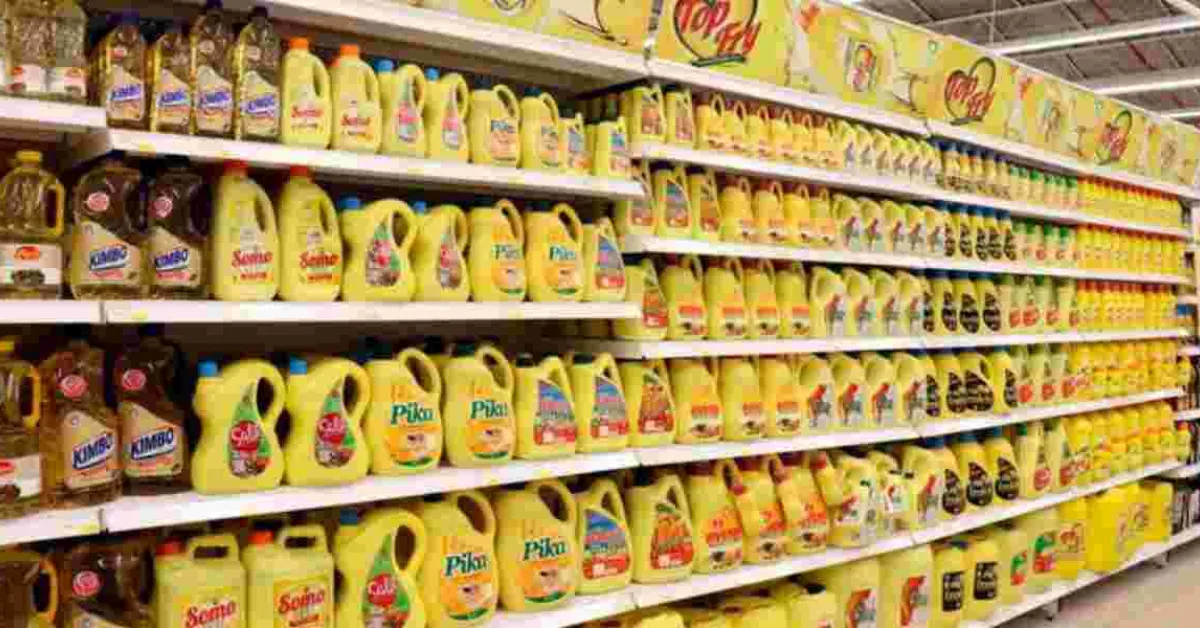COMESA Report: Kenyans Charged 21% Above Fair Price for Cooking Oil

The report from the Common Market for Eastern and Southern Africa (COMESA) reveals that cooking oil companies in Kenya overcharged customers by 21% between July 2021 and December 2022.
The COMESA Competition Commission (CCC) has determined that while the fair price should have been approximately Sh274 per litre, consumers were paying Sh333 per litre, resulting in excess charges totalling Sh67.7 billion during this period. According to the CCC's findings, the price increases implemented by manufacturers surpassed the actual rise in crude palm oil costs. Moreover, when crude palm oil prices began declining after the first quarter of 2022, regional consumer prices remained artificially elevated well into early 2023, creating a substantial disparity between input costs and retail prices.
The market structure itself appears to facilitate such pricing practices. The vegetable oil industry in the region operates as an oligopoly, with a select few companies maintaining control throughout the value chain, from raw material procurement to final distribution. This vertical integration, combined with limited competition, enables these dominant players to establish prices that favour their interests rather than reflect market realities.
Historical price data indicates a stark contrast with previous years. Throughout 2019 and 2020, cooking oil prices remained relatively stable across Kenya, Zambia, and South Africa, hovering around USD1.6 (Sh207) per litre before the dramatic surge to Sh333 per litre. This unprecedented price increase has placed considerable strain on Kenyan households, particularly affecting vulnerable populations' food security. The financial impact of this overcharging extends beyond individual households.
The Sh67.7 billion in excess charges represents lost opportunities for national development, as these funds could have been directed toward critical sectors such as employment generation, higher education funding, or healthcare coverage expansion. In response to these findings, the CCC has emphasized the necessity for enhanced regulatory oversight within essential commodity markets. Ensuring cooking oil affordability and accessibility remains crucial for public welfare given its status as a dietary staple.














Add new comment